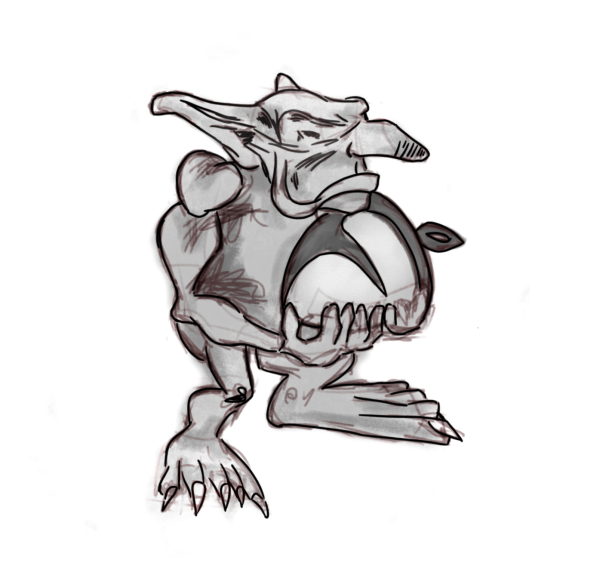Citizens United v. FEC
For too long, corporations have had the largest voices in politics. Citizens United, an organization that uses advocacy, education, and grassroots movements to help elect a politician who supports their ideas, released a video that voiced their negative opinion about Hillary Clinton as a presidential candidate in 2007. The Federal Elections Commission (FEC) had the video taken down, claiming that it violated multiple laws. When Citizens United sued the FEC, the Supreme Court sided with Citizens United, leaving organizations to use their assets unfairly to influence the results of elections. The Supreme Court’s Decision set the negative precedent that large, wealthy organizations can get away with influencing politics to their benefit. Corporations can spend more than the majority and only consist of an incredibly small percentage of citizens, this destroys any hope of political democracy in the U.S. The videos that these corporations create are highly biased and are not always factual; people’s votes should be decided on facts not influenced by political propaganda.
In response to the case of Citizens United v. the FEC, the Supreme Court stated that the Federal Government cannot stop corporations from making political contributions or statements. Wall Street Journal writer Gerald Seib explains that the money spent by private citizens was over $3.2 billion in total, whereas the political contributions from corporations and non-profits totaled over $5.4 billion. This means that a very small group of people at the heads of vast multimillion dollar corporations spent more than the rest of the country put together. Allowing a few to have a huge influence on the election process is indefensible. America’s democracy is based on the principle of equal voice in an election and when a minority of rich corporations are allowed to spend $2.2 billion dollars more than the rest of the country, it is remarkably damaging to the overall election.
An election is only really effective when the voters are well educated on the issues. This has not been the case for years, as increasing partisanship and political divisions influence people’s votes more than the actual issues at hand. The increased funding that both sides received resulted in both sides running a smear campaign. For example, according to a CNN report published in 2012, President Obama ran 1,756 hours of commercial advertising about Governor Romney’s tax history, and 2,134 hours of commercials on his business past. On the other side, Governor Romney ran 2,123 hours of commercials about the president’s health care plan, and 2,365 hours of commercials about the unemployment rate. Both political parties used deceptive information and chose the facts that they wanted to in order to get ahead in the polls. With less and less time spent presenting their plans and more time simply presenting all of the negatives, more and more votes were being decided by political propaganda rather than their ability to solve actual issues at hand.
With politicians announcing their presidential candidacy and elections next year, it is important that voters know who will represent them best. Voters should know the facts of each politician instead of being told carefully selected and crafted information benefiting a politician. To prevent such harms ever existing in the future, the Supreme Court should repeal their vote.
Hello there! Our goal is to provide relavent, engaging journalism for readers of all ages. Your donation will support the student journalists of the Wolfpacket at Claremont High School, and will allow us to purchase equipment, print our monthly issues, and enter in journalism competitions. We appreciate your consideration!

James Jung is a Senior and Editor serving his fourth year on The Wolfpacket. James is a devoted brother to fellow staff members of the Wolfpacket team....





